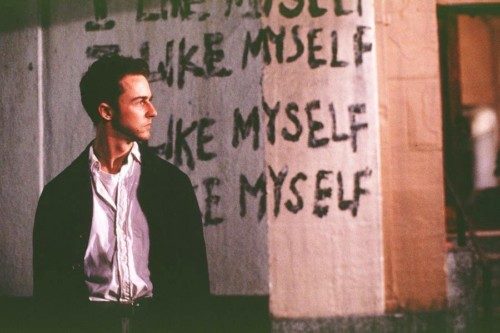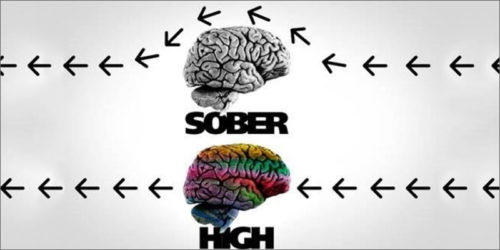
As the 2017 General Election draws nearer, the intensity of the propaganda is increasing from all sides. Even the Internet – once a technophile’s lodge of respite from politics – is now full of Gareth Morgan’s advertisements. In all the confusion, it’s easy to forget that the ruling class will win the election, as they have every other one.
The principles of iron are the same in all times and all places. Ultimately, if someone is capable of bringing more physical force to bear on your body than you can on theirs, they are your boss and you can only act freely at their pleasure.
It’s very easy to see how this operates in reality.
Iron can be used to make an axe, and the axe can divide the head of any person opposing the will of the wielder of that axe from that person’s body, rendering them incapable of resistance.
For the majority of the billion-year history of life on Earth, iron took the form of fangs and claws and teeth. Nowadays, that iron takes the form of handguns on the holsters of the loyal Police, but the principles are the same.
Everyone understands this – but few understand that the principles of silver operate in much the same fashion.
There is no need to divide someone’s body with iron if you can equally well render them incapable of resistance by dividing their mind – and this is done by silver.
More specifically, this is done by telling lies.
Take, for example, the lies that John Key told about GST to get elected – in particular, promising not to raise GST from its then 12.5%. This promise was made because it is known that consumption taxes disadvantage the poor relative to income taxes, and so the suckers in the middle were more likely to vote for Key.
When Key was duly elected and took power, one of the first moves was to raise GST to 15%. This had a particular effect on the electorate that was not noted at the time.
What this lie did was to cleave New Zealand, as if with a silver axe, into one group who profitted from the lie, and one group who suffered from it.
The group that profitted from it didn’t appear to really care much that the other half of the country had lost out from being lied to by their Prime Minister. After all, they ended up with the long-coveted income tax cuts.
The group that suffered from it found that, not only had they lost, but they had lost by being lied to, and they had lost from being lied to by their own Prime Minister. Worst of all, no conversation about the effects of these lies seemed possible.
The corporate media, beholden to Key and to the National Party for their news cycle, moved on to the next infotainment fad, and the subject was forgotten.
It can be predicted, without any great effort of foresight, that the corporate media will use this year’s General Election as an occasion to set the plebs against each other for profit.
It can also be predicted, with similar ease, that anyone who points out the grotesque nature of the charade that is the televised circus of psychopaths dumping their verbal excrement into your subconscious mind at 50Hz will not find appreciation among those same plebs.
So much so that knowing which of the possible options represent a “genuine change” and which are just the usual lineup of pocket-lining, trough-guzzling criminals will become impossible in the noise and chaos.
We could tell you that we were going to provide an alternative, but then why would anyone with sense trust us?



